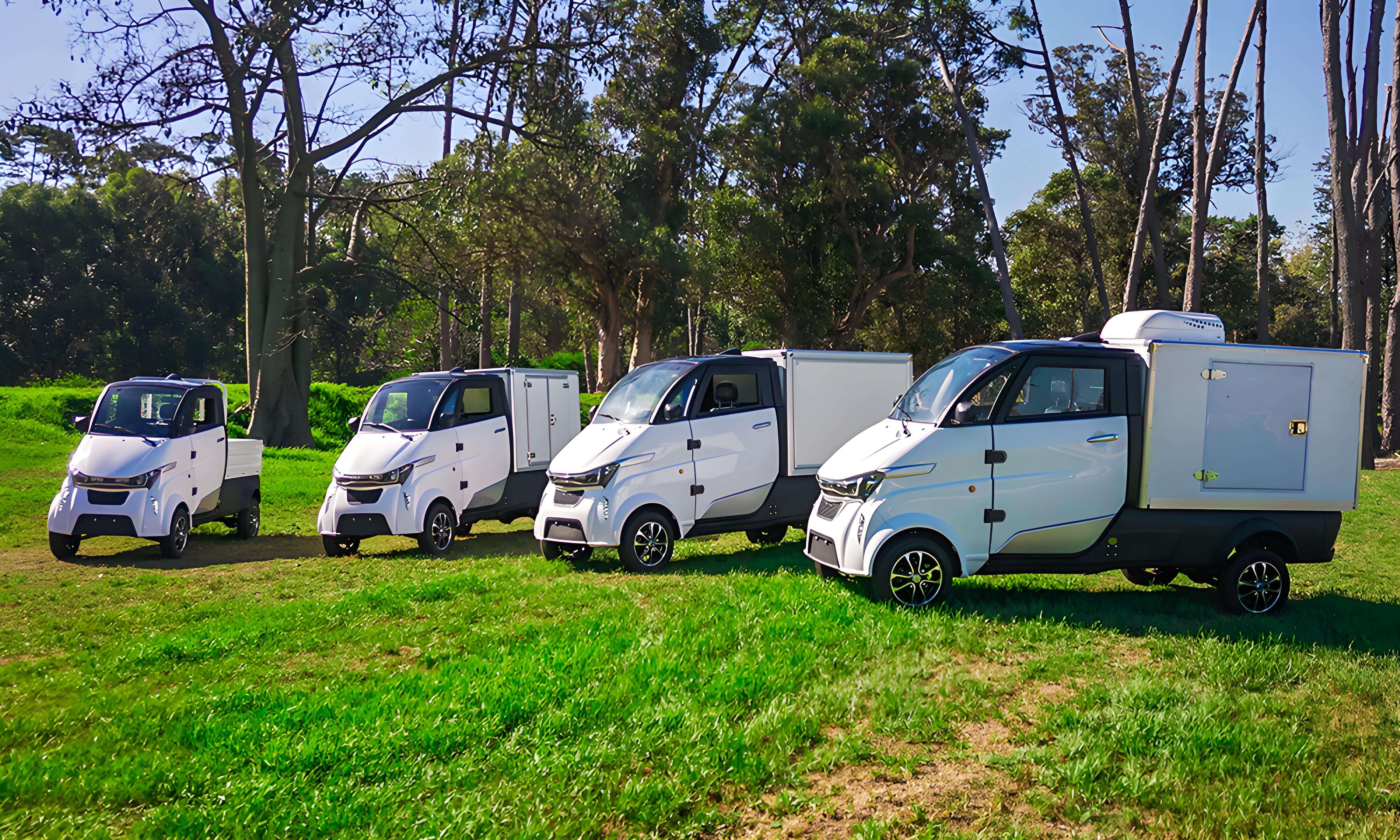The last-mile delivery component of logistics has evolved relativistic over the past few years with the adding of electric commercial vans. These vehicles are environmentally sustainable while also meeting the changing demands of both businesses and consumers. This piece of writing will discuss all the pros of electric commercial vans with respect to their impact on last mile delivery efficiency, cost savings, and sustainability.
Urban Deliveries are More Efficient
Commercial electric vans serve best in urban areas because they have to maneuver through traffic and have to deal with challenges such as restricted access points, which are not a concern in rural areas. Electric vans can beat the traffic and get to customers alive. This ensures that time bound deliveries are done on time. In addition, a lot of electric models have features that aid in optimizing route delivery which increases further operational performance. Such skill is very much required in this age when consumers not ease of access but speed as well.
Cost-Effectiveness Over Time
The cost of purchasing electric commercial vans is higher than gasoline-powered vans. However, there are substantial savings in the long run. Unlike conventional vehicles, electric vehicles (EVs) incur lower operating costs owing to reduced fueling costs as well as less maintenance. For example, electric vans do not need oil changes, and the braking components are more durable because of regenerative braking. Additionally, businesses can lower costs even further with off-peak electricity rates as the charging infrastructure improves.
Brand Perception and Sustainability
Sustainability is a goal for many consumers. For businesses, switching to electric commercial vans can help improve their brand value by showcasing their commitment towards caring for the environment. Using electric vans helps mitigate the emission of greenhouse gases, which contributes to cleaner air in urban areas and helps combat climate change. Businesses that adopt sustainability practices tend to anger less customers and increase customer loyalty, boosting competition in the market.
Government Assistance and Programs
Most governments around the world are now trying to provide aids to stimulate the use of electric vehicles for commercial purposes. These subsidized programs range from offering tax credits, grants, and rebates which further encourages businesses to switch to electric vans. Furthermore, some area are introducing low emission boundaries which bans the entry of fuel powered cars. This forces companies to purchase electric vehicles. Businesses are able to use these incentives to make significant steps towards sustainability.
Anticipated Changes with Electric Vehicles for Last Mile Delivery
Electric vehicles are expected to dominate the last mile delivery. The fuel systems of commercial vans are becoming easier and more convenient for businesses with the improvements of battery technology and the rise of charging stations. In addition, the commercial electric vans are also set to gain driverless technology which is bound to change the delivery industry. The shift in logistics system with the use of electric commercial vans will become more essential in meeting the ever evolving market demand.
To summarize, electric commercial vans offer a wide range of benefits for last-mile delivery, including increased efficiency and lower costs, better eco-friendliness, enhanced business reputation, and sustainability. With the ongoing progress in the sector, adopting electrification will be advantageous for companies as well as the environment and communities.

